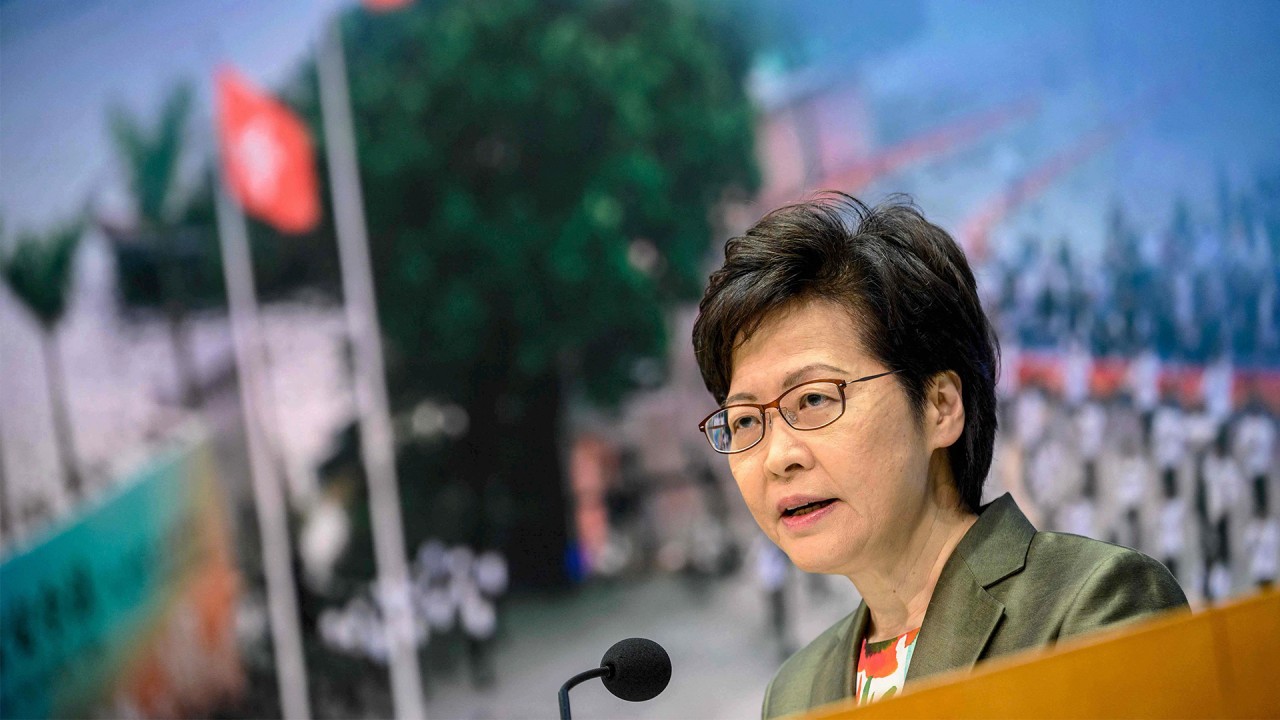Hong Kong electoral overhaul: corporate voters’ mainland China ties raise concerns over Beijing’s influence on city polls
- At least four bodies with corporate votes for Election Committee members are led by directors based across border and elsewhere
- Corporate voters are not required to be Hong Kong permanent residents, but they must appoint one to cast their ballot

At least four bodies handed corporate votes to elect members of an influential committee tasked with overseeing Hong Kong’s major polls are led by directors based mostly in mainland China, with a few also in Taiwan and the US, an investigation by the Post has found.
One firm given a say in the recently rebranded technology and innovation subsector is headed solely by two mainland directors, one of whom was a senior member of the state-authorised Chinese Academy of Sciences. Two closely related arbitration centres, who have been granted votes in the legal subsector, also have directors hailing from Beijing.
While individual voters in Hong Kong are required to be permanent residents, corporate voters are not, and the discovery shows how the design of the recently reformed 1,500-strong Election Committee, part of Beijing’s plan to impose the principle of “patriots governing Hong Kong”, could renew fears over its dominating influence on the city’s elections.
A close look by the Post at the list of bodies recently granted voting power by the government also prompted accusations that double standards were at play.
At least 14 of the listed bodies have existed for fewer than three years, even though the government made that time frame a general minimum requirement for corporate voters in a move interpreted by some as authorities guarding against opposition union groups that grew out of the 2019 protests.
